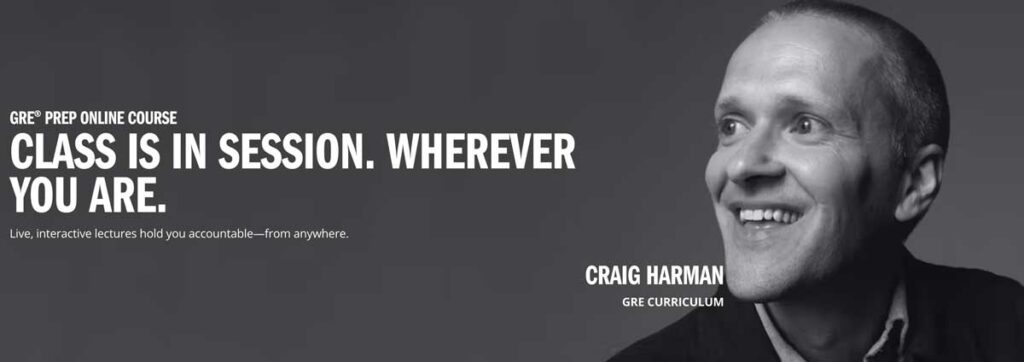Recommended GRE prep courses
When I first took the GRE, I did not follow any test prep courses, but I wish I would have. I spent time researching and trying out the leading online GRE prep resources: Magoosh, Kaplan, Princeton Review, Manhattan Prep, Prepscholar, and Varsity Tutors. The following is my advice to those looking to take the GRE.
All of these test review companies have their own unique strengths and weaknesses. However, based on my personal experience, I found Magoosh to be the most comprehensive and user-friendly, with Kaplan being a close second. Princeton Review was also very helpful in addressing my specific areas of weakness, but it was quite expensive. Both Manhattan Prep and Prepscholar had very helpful resources, but they didn’t stand out as much as the others. Each platform offers a unique approach to learning and provides a range of resources to help students succeed. In the end, the platform that suits you best will be determined by your learning style and preferences.










